A Spicy Journey: Discovering the Magic of All-Purpose Greek Seasoning
Table of Contents
Introduction to Greek Seasoning
When it comes to global spice traditions, few have captured the hearts (and palates) of food lovers quite like Greek seasoning. Known for its bold flavors and rich history, Greek seasoning has become a staple in kitchens around the world. It’s not just about adding taste—it’s about connecting with a culture that values simplicity, quality, and balance.
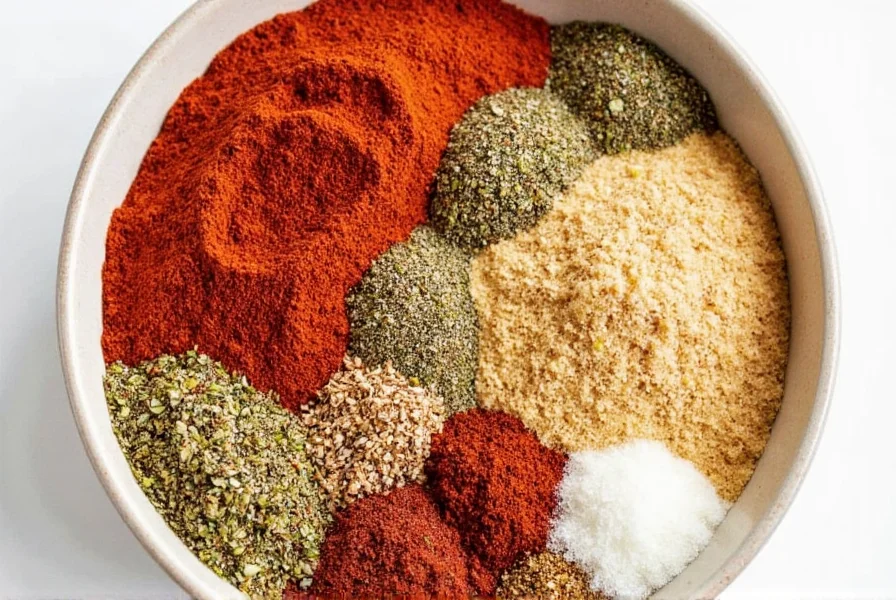
From the sun-drenched olive groves of Crete to the bustling markets of Athens, Greece has always been a hub for aromatic spices and herbs. These ingredients are not just used for flavor—they’re part of a deeper culinary philosophy that celebrates freshness, tradition, and community.
What Is All-Purpose Greek Seasoning?
At the heart of this tradition is all-purpose Greek seasoning—a versatile blend that brings together the best of Greek spices and herbs. While traditional Greek cooking often uses individual spices like oregano, thyme, and rosemary, all-purpose Greek seasoning is designed to be a one-stop solution for anyone looking to add authentic Greek flavor to their dishes without having to mix multiple ingredients.
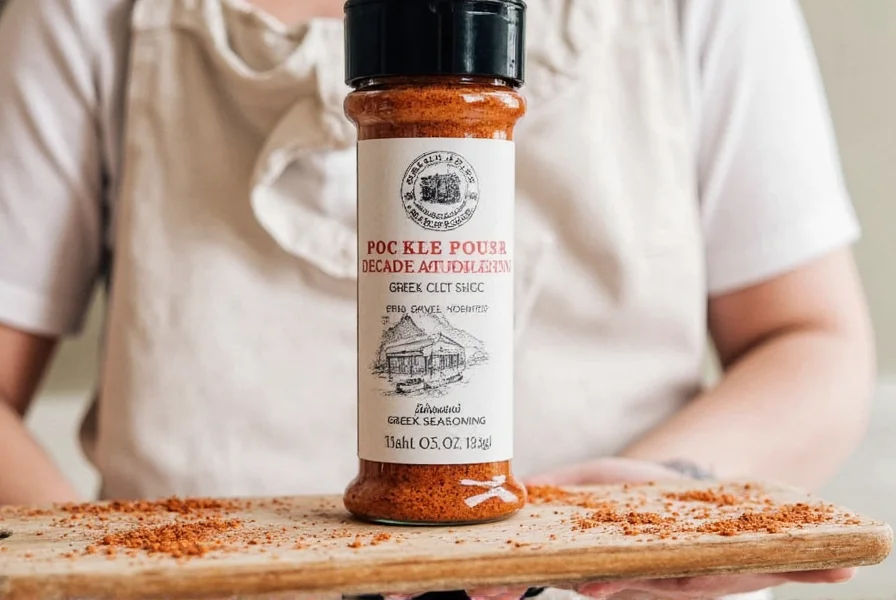
This seasoning typically includes a mix of dried herbs such as oregano, thyme, marjoram, and basil, along with garlic powder, onion powder, and sometimes a touch of black pepper. Some blends may also include crushed red pepper flakes or sumac for a bit of heat and tanginess. The exact composition can vary depending on the brand and region, but the goal is always to replicate the depth and complexity of traditional Greek cuisine.
One of the most appealing things about all-purpose Greek seasoning is its adaptability. Whether you're grilling vegetables, marinating chicken, or tossing a salad, this seasoning adds that unmistakable Greek flair without overwhelming your dish.
Why Greek Seasoning Matters in Global Cuisine
Greek seasoning isn’t just a flavor enhancer—it’s a cultural bridge. As more people explore international cuisines, the demand for authentic spice blends has grown significantly. Greek seasoning has found its way into everything from Mediterranean-inspired burgers to hearty stews and even fusion dishes.

Its popularity is also tied to the health benefits associated with many of its components. Oregano, for example, is known for its antioxidant properties, while garlic and onions offer natural antimicrobial effects. This makes Greek seasoning not only delicious but also a smart choice for those who care about what they eat.
Moreover, Greek seasoning has become a favorite among home cooks and professional chefs alike. It’s easy to use, cost-effective, and allows for consistent results. Whether you're preparing a family meal or hosting a dinner party, this seasoning adds a touch of authenticity that’s hard to replicate with other spice blends.
Practical Tips for Using Greek Seasoning
Using all-purpose Greek seasoning doesn’t have to be complicated. Here are some practical tips to help you make the most of this flavorful blend:
- Season before cooking: Sprinkle the seasoning over meats, vegetables, or grains before roasting, grilling, or sautéing to allow the flavors to penetrate.
- Mix it into marinades: Combine the seasoning with olive oil, lemon juice, and garlic for a simple yet powerful marinade that works wonders on chicken, fish, or tofu.
- Add it to soups and stews: A pinch of Greek seasoning can elevate the flavor of tomato-based soups, lentil stews, or vegetable broths.
- Use it in dips and dressings: Mix the seasoning into hummus, tzatziki, or vinaigrettes for an extra burst of flavor.
- Experiment with ratios: Don’t be afraid to adjust the amount based on your taste preferences. Start small and add more if needed.
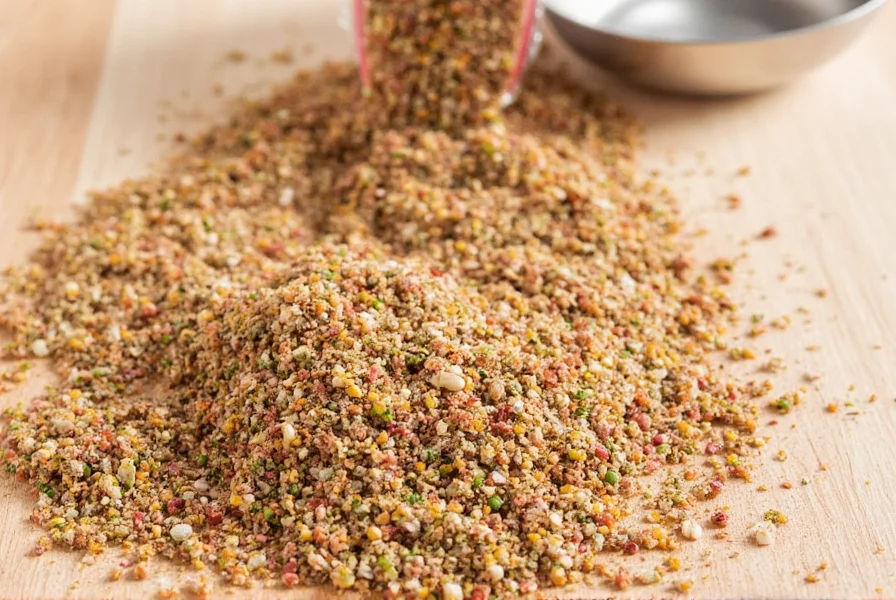
One of the best things about Greek seasoning is that it pairs well with a wide range of ingredients. Try it with roasted potatoes, grilled eggplant, or even a simple bowl of rice. Its versatility makes it a must-have in any kitchen.
Buying Guide for All-Purpose Greek Seasoning
With so many options available, choosing the right all-purpose Greek seasoning can feel overwhelming. Here’s a quick guide to help you find the perfect blend:
Key Features to Look For
- Natural ingredients: Opt for seasonings that list real herbs and spices rather than artificial flavorings or fillers.
- No added salt: If you’re watching your sodium intake, look for low-sodium or no-salt versions.
- Freshness: Check the expiration date and consider buying in smaller quantities to ensure maximum potency.
- Brand reputation: Choose well-known brands that have a track record of quality and consistency.

Recommended Products
Here are a few popular all-purpose Greek seasoning products that you might want to try:
| Product Name | Features | Best For |
|---|---|---|
| Greek Seasoning by Zesty Herb | Organic herbs, no added salt, includes oregano, thyme, and rosemary | Grilled meats, salads, and marinades |
| Classic Greek Blend by Spices & Co. | Contains garlic, onion, and a hint of red pepper flakes | Dips, soups, and stews |
| Herb & Spice Greek Mix | Includes basil, marjoram, and sumac for a tangy twist | Veggie dishes, grain bowls, and roasted vegetables |
Each of these products offers a slightly different flavor profile, so it’s worth experimenting to find the one that suits your taste best.
Culinary Traditions and Greek Seasoning
The use of all-purpose Greek seasoning is deeply rooted in Greek culinary traditions. In Greece, meals are often centered around fresh, seasonal ingredients and simple, high-quality seasonings. This approach reflects a broader cultural value—food is not just sustenance; it's a way of life.
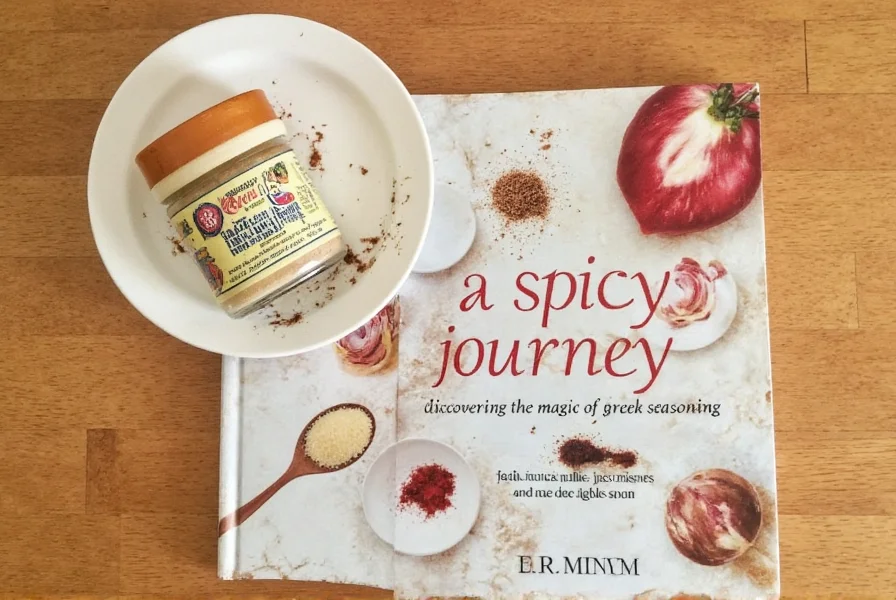
Traditional Greek dishes like moussaka, souvlaki, and spanakopita rely heavily on the balance of herbs and spices. Greek seasoning helps recreate these flavors at home, making it easier for people around the world to experience the essence of Greek cuisine.
Moreover, the concept of “all-purpose” seasoning aligns with the Greek philosophy of resourcefulness and efficiency. Rather than using multiple single spices, Greeks have long embraced blends that simplify cooking without compromising flavor. This mindset has made Greek seasoning a beloved staple in both home and professional kitchens.
Conclusion
All-purpose Greek seasoning is more than just a spice blend—it’s a gateway to a rich culinary heritage. With its vibrant flavors, health benefits, and incredible versatility, it’s no wonder that this seasoning has become a favorite among both seasoned chefs and casual cooks alike.

Whether you're preparing a quick weeknight meal or hosting a special gathering, Greek seasoning adds that extra touch of authenticity that elevates any dish. So why not give it a try? Your taste buds—and your guests—will thank you.
As you experiment with this seasoning, remember that the key to great cooking lies in balance, creativity, and a little bit of love. And who knows—maybe you’ll discover your new favorite flavor along the way.

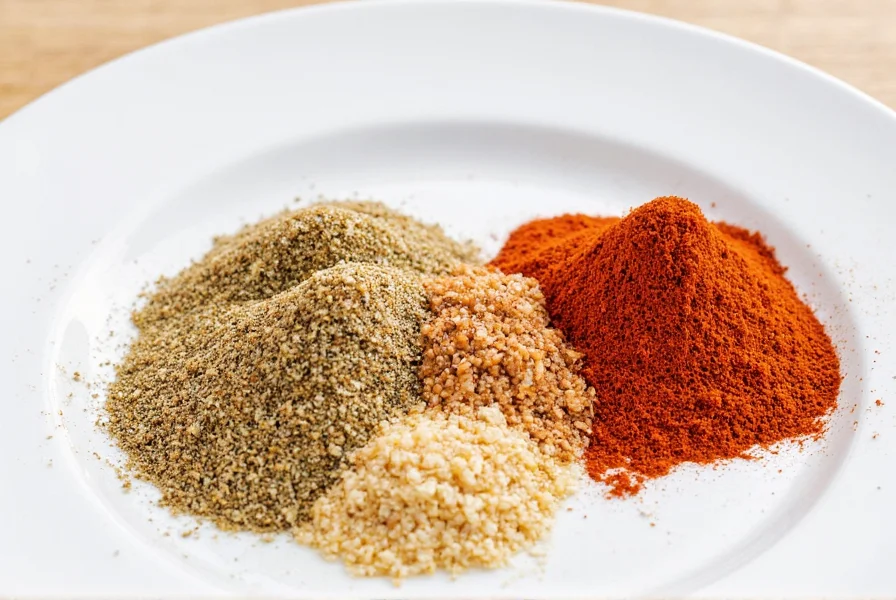









 浙公网安备
33010002000092号
浙公网安备
33010002000092号 浙B2-20120091-4
浙B2-20120091-4